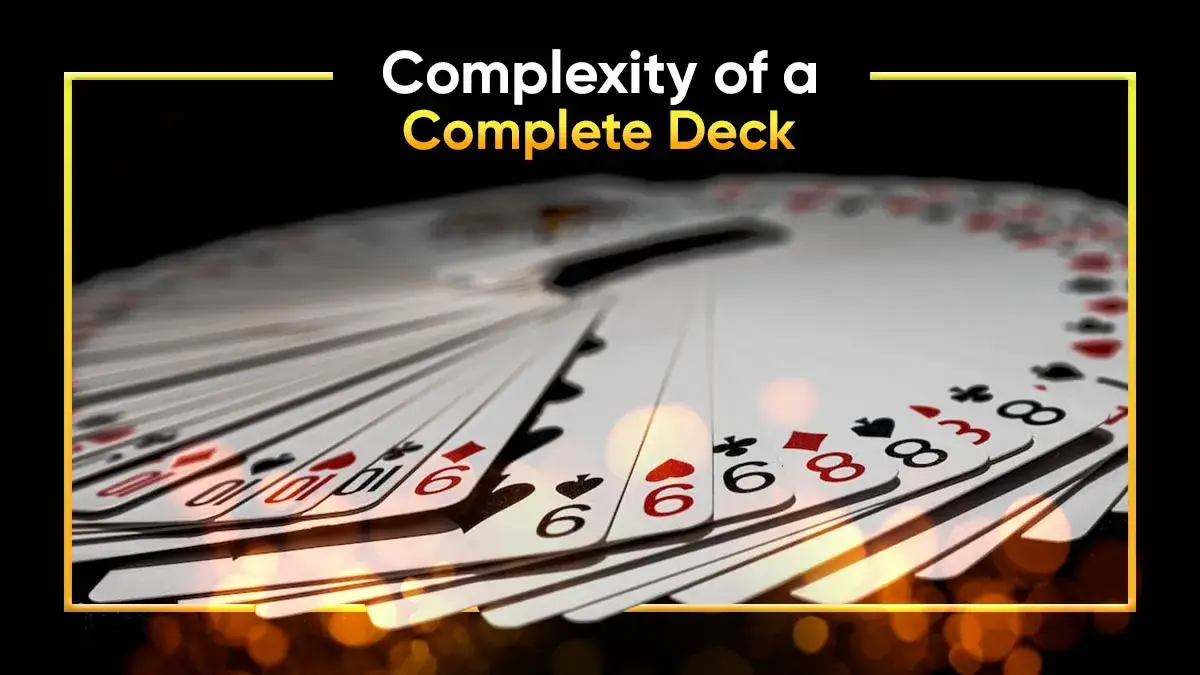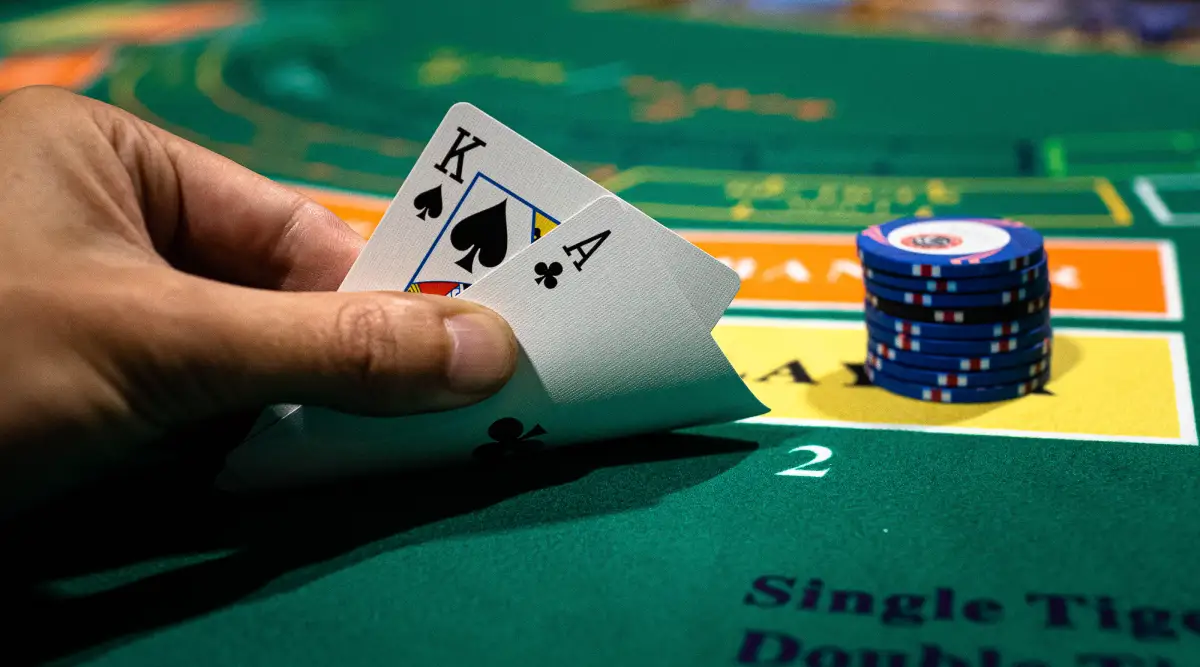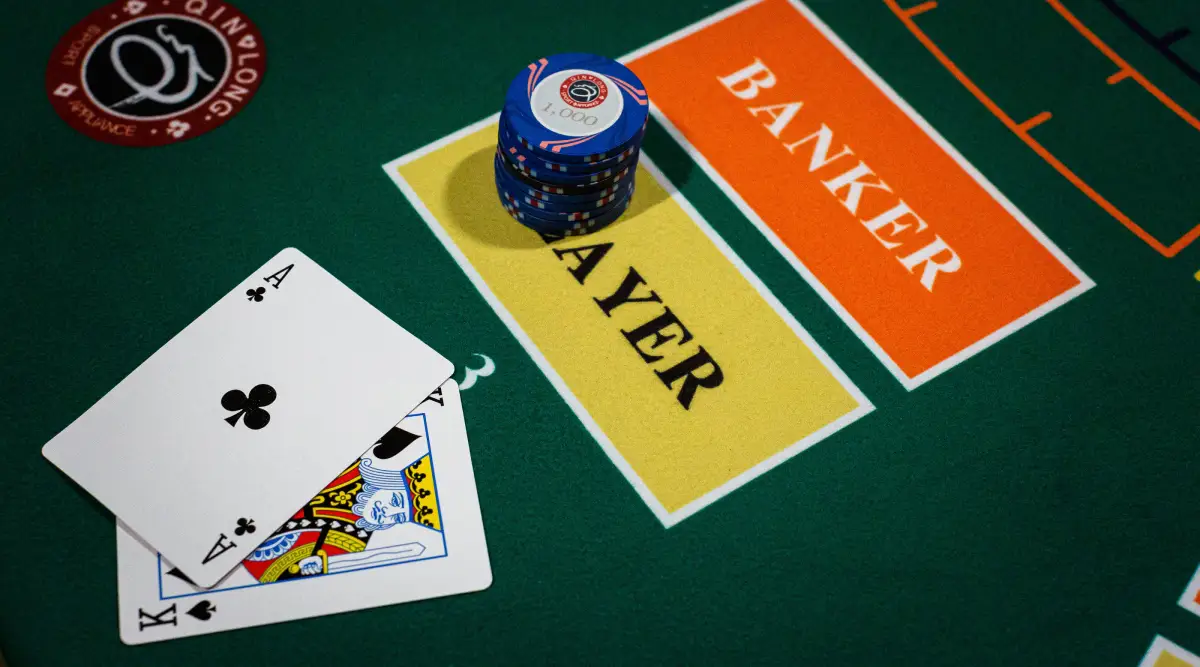
Have you ever imagined the number of ways a deck of cards can be arranged? Guess what? It’s quite a lot. When shuffling cards, there is a high probability that the resulting card order has never occurred before in history. But what does a 52 factorial deck of cards entail?
The concept of factorial exists in mathematics because it serves as a fundamental operation for counting arrangements and combinations of objects. It provides a way to calculate the total number of possible outcomes in various situations.
In this online casino news, we will examine the concept of a 52-factorial deck of cards so that you can know more about games like the Caribbean Stud Poker online game.
Let’s get started!
The Concept of 52 Factorial Deck of Cards
The concept of “52 factorial” refers to the mathematical operation of calculating the factorial of the number 52. The factorial of a non-negative integer is the product of all positive integers less than or equal to that number. Understanding the concept of a 52-factorial deck of cards may seem relatively easy, like Baccarat online at first glance. However, the calculation and importance of the 52 factorial card deck are dense.
As the name implies, the factorial deck of cards has 52 cards. The first of 52 ways to pick a card is relatively easy, with the next one at the 51 cards that are remaining. For the third, one has 50 chances to choose from, and then the fourth, fifth, and sixth, till it gets to the last card.
Expressed in mathematical form, we have
52! = 52 x 51 x 50 x 49 … x4 x3 x2 x1
This number is what identifies as factorial 52. The factorial 52 has a huge numerical figure that can further be expanded as
80658175170943878571550636856403766975289505440883277824000000000000
This number has 67 digits and is known as 52 factorial. It represents the total number of unique permutations or arrangements that can be formed from a set of 52 distinct items. The concept of factorials is commonly used in combinatorial mathematics and probability calculations, and some may apply it when playing table games, to calculate game possibilities and chances of winning.
Stirling’s 52 Cards mathematical evaluation
A detailed analysis of the weighted “52” in its practical form is not a walk in the park. A lot of people have likened the process to quite a few things. Most people believe it weighs the number of times a drop of water will take to fill an ocean to others.
Contrary to what has been opined by many, mathematician James Stirling believes it takes the repetitive multiplication of card numbers to arrive at the right figure. To calculate, multiply 52 by 51 and then the outcome by 50. Keep up with this procedure till it reaches 1.
You might be wondering how complex and error-free the process seems. But James Stirling (1692–1770), a Scottish with mathematical prowess, gave a mathematical expression to 52 factorial decks of cards.
Factorials are particularly useful when dealing with permutations and combinations. Permutations refer to the arrangement of objects in a specific order, while combinations refer to the selection of objects without considering their order. Factorials help determine the total number of unique permutations or combinations possible for a given set of objects.
Shuffling 52 Factorial Deck of Cards
The concept of factorials is relevant in various fields of mathematics and has practical applications in different areas.
Combinatorics
For counting the number of permutations and combinations of objects. They are used to solve problems related to arranging items in a specific order or selecting a subset of items without considering their order.
Probability
To calculate the number of favorable outcomes and determine the probability of specific events occurring (to quantify the likelihood of certain outcomes in experiments or random events).
Statistics
Factorials are utilized in statistical analysis, especially in the field of permutation tests and hypothesis testing. They enable researchers to determine the significance of observed data by comparing it to all possible permutations of the data.
Mathematical Analysis
Factorials are used in Taylor series expansions, where they help determine the coefficients of the expansion and approximate functions.
Shuffling itself has a vast number of possibilities with regard to card recurrence. Ordinarily, when cards are well shuffled, it is safe to bear in mind that such order will never repeat itself throughout life.
Nonetheless, there is quite a huge contingency. The concept of shuffling 52 Factorial Deck of Cards captures ultimate randomization. This implies finding card ABC for the order, for instance, and having them as CAD in another order entirely. This is obtainable in relation to all card games, including Top Trumps Cards, stud poker online, baccarat online, and a list of several others.
Final Thoughts
Ideally, understanding the concept of the 52 factorial decks of cards is somewhat of an uphill task to comprehend. This is probably because it is not a criterion for winning or an adaptable style of play. Nevertheless, this concept per se can help you decipher a suspected foul play whenever you’re constantly being served cards of the same value.
Find other exciting content to learn how to rule the online casino world, like our multiple learning material to understand and dominate games like the Draw Hi Lo, for which we created the Draw Hi Lo Guide, and much more content that you may find interesting and relevant to your gaming experience.
Don’t forget you can share this on your social media with all of your friends.



